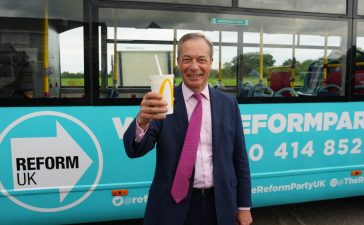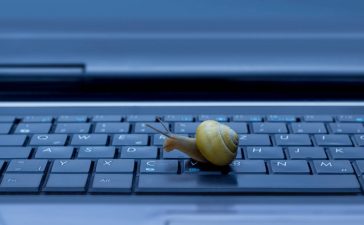| Updated:

Confirmation that Mykhailo Mudryk has failed a routine anti-doping test must rightly trigger the usual essential caveats.
Chelsea’s Ukrainian winger has only been provisionally suspended. This is simply the start of a process with the facts to be established and the outcome far from certain.
What is clear is that Mudryk’s case will be another very public test for the anti-doping system and comes at a time when its reputation is under severe strain.
This year will be remembered as a traumatic one for the World Anti-Doping Agency (Wada) and the individual national anti-doping organisations under its umbrella.
A long-running and bitter war of words between Wada and the US Anti-Doping Agency (Usada) over the case of the Chinese swimmers cleared to compete at the Olympics stands as the low point.
The featherlite punishments for two top ranked tennis stars provided additional fodder for those convinced that Wada lacks the requisite zeal in the fight against doping in sport.
That battle is between mismatched forces. The various anti-doping agencies receive financial backing from the International Olympic Committee and governments across the globe, but the quantity of dollars involved is dwarfed by the scientific and legal resources available to those determined to cheat, and to wriggle off the hook should they fail a drugs test. Not to mention the connivance of those sports leaders complicit in cover-ups.
The International Testing Agency, which conducts the tests itself, reports that its work prevented 40 athletes from competing at the Paris Olympics.
A further five of 6,130 tests conducted in Paris were failed at the Games. In addition, the International Paralympic Committee has reported seven adverse findings from 1,988 tests at the Paris Paralympics.
For the record, the five failed tests at the Olympics were for two athletes in judo (one from Iraq and the other from Afghanistan), one in athletics from the DRC, a swimmer from Bolivia and a boxer from Nigeria.
If your test tube is half full, you will see these results as evidence of twin clean Games; if half empty, that cheats continue to out-run the testing agencies.
Samples taken this summer will be stored for a decade. As with previous editions, it is likely to take years before a clearer picture emerges of the cleanliness or otherwise of Paris 2024.
The IOC provides half of Wada’s annual funding. Seven candidates, including Seb Coe, are vying to be elected president of the Olympic movement.
At the same time, a process has begun to select the next president of Wada. The future credibility of the world’s anti-doping system will be vested in whoever is chosen to fill these two lofty offices.
The race for the Olympic presidency is well underway, with the candidates vying for votes from the rarified electorate of individual IOC members. The Wada election process has only just begun, with a 31 January deadline to express interest in the roles of president or vice president.
The Wada briefing pack, rightly, emphasises the need for candidate independence – either on appointment or after an initial six-month cooling off period – but is surprisingly silent on the need for applicants to have experience in anti-doping. Of seven listed essential skills, none refers to a knowledge of clean (or dirty) sport.
Diplomacy features among the requirements, as well as “an ability to compromise”. Call me an old-fashioned zealot, but I’d welcome a crusader at Wada’s helm.
The forces ranged against clean sport view compromise as a sign of weakness and a green light to exert maximum legal pressure in pursuit of acquittals and light sentences.
The current Wada president is Witold Banka. The former international athlete and minister of sport in Poland has been in post for six years and is eligible to be elected for a further three. We will know Banka‘s ambitions and the full candidate list at the end of March. Eyes on.
School’s out
Last Friday was like exam results day for the CEOs and chairs of each of Britain’s summer Olympic and Paralympic sports. We learned the outcome of UK Sport’s deliberations about our funding for the four-year cycle to LA 2028.
Given the weekend to reflect and prepare our communications, the sums involved were then made public on Monday. As most of us are very heavily reliant on National Lottery monies, the phone calls to the chief execs were much anticipated and slightly dreaded.
Unsurprisingly, some sports will be happier than others with their outcomes, but an overall six per cent increase for Britain’s Olympic programmes and 13 per cent for its Paralympic ones is hugely welcomed.
Credit to UK Sport for its success in securing an uplift from government in these straitened times. The greater percentage increase for the disability sports is especially good to see, representing some adjustment to the imbalance of funding between Olympics and Paralympics.
“We are ready to win well in the LA cycle and beyond.”
Sally Munday, UK Sport CEO
To declare my interest, GB Wheelchair Rugby’s funding rises by nine per cent to £3.2m over the LA cycle. While we still need to keep our commercial efforts going at full throttle, this lottery funding does secure the existence of our elite GB programme for the next four years. I love being able to operate in a no-excuses environment!
Ed Warner is chair of GB Wheelchair Rugby and writes his sport column at sportinc.substack.com












